While scrolling through finding information on Mike Doughty, I happened to stumble upon a website titled SCUG [Soul Coughing Underground]. The page showcases all that is to know about the NYC-originated ensemble that Doughty fronted: the meaning behind the name, vital stats that offers up details including distinguishing body marks, turn-ons/offs, and each members motto. The website also contains a FAQ section that genuinely something to behold.
While I perused SCUG for an extended amount of time (sadly, the site hasn’t been updated in some time), I couldn’t help but remember Soul Coughing’s meteoric rise. Songs like “Circles” and “Super Bon Bon” played vigorously on radio stations all around the United States, along with a handful of movie soundtracks and video games. With the acclaimed admiration from critics and music lovers such as the individual who created SCUG came tensions within the foundation; the band eventually would break up in 2000.
Doughty has continued to stay busy since the disintegration of Soul Coughing. An extensive amount of solo efforts are available, with the latest being 2016’s The Heart Watches While the Brain Burns. In September, Doughty and bassist Andrew “Scrap” Livingston released their debut Ghost of Vroom 2 EP. The project signifies Doughty paying homage to Soul Coughing but also giving him the nonconformity of such. Ghost of Vroom 2 is all about the here and now, with the tracks exploring today’s subject matter. Accentuating influences of rap, jazz, and sampling, Doughty, Livingston, and collaborator Mario Caldato (Beastie Boys) produced an EP that feels timeless and vital to today. Doughty himself sounds more kindled than ever in Ghost of Vroom 2.
I read that you grew up bouncing around in part because you had a military family. Did you seek music as being a firm constant in your life growing up?
There was music that I liked when I was a child, but it was when I first heard Led Zeppelin IV, particularly the “Battle of Evermore”, that I really turned to music as a kind of medication. I actually loved the moving around my family did–still do love being in motion. I guess it was instilled in me.
Being in NYC at such an early age, would you say that being there shaped you in terms of musically? Would you say mentally as well?
I got to New York at age 18, in 1989–as a reference point, I once found myself bumping into Keith Haring at some techno night downtown. So it was like a fever dream of music: house, techno, hip hop. They were all incredible and mid-revolution.
It was in the tail end of its era as a dangerous city, and there were street smarts that I learned that is still pretty much in effect. I think everybody from that time can tell when somebody is trying to fuck with you. I was in Italy with a friend and her kid, and we were followed around Florence by some weird dude dressed in, like, yuppie tourist clothes. I was the only person who noticed him. And the handshake move! I learned early that if a stranger walks up and wants to shake your hand, he’s trying to get something.
During your time working the door at The Knitting Factory in NYC, what were some of your fondest experiences? I’m guessing you had to have been influenced some in terms of incorporating jazz elements into your music.
Oh yeah. John Zorn, Marc Ribot, Don Byron, all those dudes were hanging around. Myra Melford. Matt Shipp. Charles Gayle. My viewpoint was still pretty punk-rock kid, but I learned so much just about how to live inside a piece of music, just hanging out and talking to people. And of course, hearing incredible experimental jazz nearly every night.
You currently reside in Memphis. Does a small part of you miss the life you cemented in NYC?
A huge part of me misses Manhattan circa 1992.
What was it about Manhattan in that specific time frame that you found it so special?
The artists and the art, the musicians and the music, the poets and the poetry, the films and the filmmakers, the drag shows and the drag artists, the cafés and the weirdos who worked in them, the squats and the squatters, the moving club nights and the charming hustlers who promoted them, the avant-garde theater and theater-makers. The spirit of experimentation, the unpredictability, the feeling that Manhattan was, as Spalding Gray said, “an island off the coast of America.” Plus: the cost of living.
Of course, those things are in Bushwick and Ridgewood. But the financial pressure is so onerous, and constant, even there. I’m curious why young artists haven’t broken out for the Bronx. It’s tougher to make art for art’s sake, and you really do need a community for that. And now more than ever—more than in my own broke-poet days—America needs uncompromising artists. Many of them. And a beacon to young people in this country—come to this place and live weirdly for cheap among others who want the same thing.
Don’t trust anyone who says, “New York is over.” There’s plenty of New York left. And plenty of pioneering artists too. Right now, every young artist in New York I know is subject to anxiety that is bad for art. You break up with whomever you lived with; now you have to move another three train stops east.
A fiendish trick pulled on artists is convincing them that they’re just a placeholder for gentrification. I wish a plurality of artists would go somewhere where gentrifiers fear to tread—and be a part of the community, be neighbors to their neighborhood. If the gentrifiers come, unite with those neighbors—organize.
But the New York I knew is not there—the Manhattan I knew is certainly not coming back. Not in my lifetime. It hurts.
I discovered that you wrote and published a memoir back in 2012. How difficult was it for you to write it?
It was difficult, but not digging into those experiences–my guide was whether or not I’d told a story about something at dinner with friends, then it would make it into the book. Just the act of writing a huge thing of prose, though, is terrifying. And the thing is, I get up every day of my life and work on music, and not so much on prose. So I felt insecure about the state of my craft.
Now that time has passed, is there any part that doubts sharing those feelings or releasing the memoir in general?
There are some structural choices I’d make differently—artistic choices, not in terms of content. I’d cut about every seventh adjective; I’d do chapter titles.
It’s tough to reveal, but without revealing—without taking risks—why write? You have to explore what’s uncomfortable.
You have been releasing music weekly on your Patreon site, which is quite ambitious. Have there been moments when a track wasn’t coming together and you needed more to flesh it out?
These days I usually have four pieces in various states of completion and a backup of, like, a dozen songs I haven’t released yet. A couple of years ago, I would find myself without a song, and I’d have to rush to write something–and those were often the best tunes! And there were some I thought were really, really good that I listened to later and was underwhelmed by. And some things I thought were just throwaways that I listened to a year later that I was surprised to really dig. With me, I tend to think songs are genius in the morning and garbage in the afternoon. One of the great things about the weekly-song Patreon project is that I have to take the leap just to finish and get it out there. And I discover everything once it’s out in the world and being listened to.
What is the chance that the tracks you have dropping on Patreon become EPs or albums?
100%. This EP, Ghost of Vroom 2, is made up of Patreon tunes–of course, rerecorded and mixed by Mario Caldato. It’s GoV2 because we’ve already made GoV1 with Mario–it just hasn’t come out yet. My manager talked me into waiting to release it when I would be able to go out on tour, and then over the summer, I just started writing about the unrest, the plague, and the weird thread of paranoia in the culture. So I called up the manager and said, Bad news, I have to put out an EP, like, immediately.
What I have taken away from your library is your fluidity within your lyrics. Does the writing process for you entail not being restricted? Have you always been able to go about writing without being restricted?
I think an artist is always battling their own second-guessing. I think I’ve been pretty free, but I’m always trying to push myself to say that thing that it’s uncomfortable to say.
How did you and Andrew end up meeting?
In 2005 I put up a post on my blog that I was looking for a bass player.
At what point did you and Andrew decide to move forward with Ghost of Vroom?
When we started playing together, he was my bass player. But this relationship has gone on so long that we’ve become intertwined as artists–we looked up one day and poof, we’re a band.
The name of the band was a working title of a Soul Coughing record in 1994. I found myself writing something akin to Soul Coughing music again–upright basslines, samples, breakbeats. At first, I approached Soul Coughing to see if they wanted to make the album with me–but I got back from them a hot plate of crazy. It just dovetailed naturally–the material, the conception, and Scrap’s and my partnership.
What was the vision you and Andrew had when going in to work on the EP?
There are certain nuts-and-bolts things: his instrument sounds good in a few particular keys. And he has to sound amazing, so we work around that. He had a band-revolutionizing idea on GoV1: he said, “I wrote this kind of Chopin piano thing and I want to put it at the end of a song.” What ended up happening is that every Ghost of Vroom song has a kind of ending-dream, where the key changes, and it gets dreamy or dissonant. That is central to how we make records.
How was the recording process for 2? Did it match the intensity of 1?
GoV2 was entirely remote, then sent to Mario to mix. I sent a demo to Lil Pepper (Madden Klass), our drummer, and she tracked the songs live in her basement; Scrap did the bass at his house. Logan Hanna came over to my home to track guitar–I set up a chair ten feet away from the mixing station and put a cable out connected to the amp. He came in, I rolled each track a couple of times, and he just killed it.
GoV1 was extremely intense for a couple of reasons: for one thing, I’m such a huge fan of the entire Beasties universe–I really saw it as a model for what artists should do. And Mario is a giant. So I felt like I was floating outside of my body sometimes; I was so nervous. Also, there was so much pressure: the songs were really, really good, and I wanted the record to be amazing.
Mario is really like a musician, playing the distortion and the reverb and delay and compression. He told me that sometimes he works with artists and they ask him to tone it down, and I said: I want you to completely go wild and be as Mario-ized as you can possibly be. Certainly for GoV2, he was completely aware he could go crazy with sounds and I’d be into it.
What was the vision you and Andrew had when going in to work on the EP?
There are certain nuts-and-bolts things: his instrument sounds good in a few particular keys. And he has to sound amazing, so we work around that. He had a band-revolutionizing idea on GoV1: he said, “I wrote this kind of Chopin piano thing and I want to put it at the end of a song.” What ended up happening is that every Ghost of Vroom song has a kind of ending-dream, where the key changes, and it gets dreamy or dissonant. That is central to how we make records.
What did you take away from recording with Andrew and vice versa, you think?
He kills on all instruments: organ, piano, clavinet, cello, bass, Rhodes, Wurlitzer–I knew it was going in, but his invention and versatility are always striking to me.
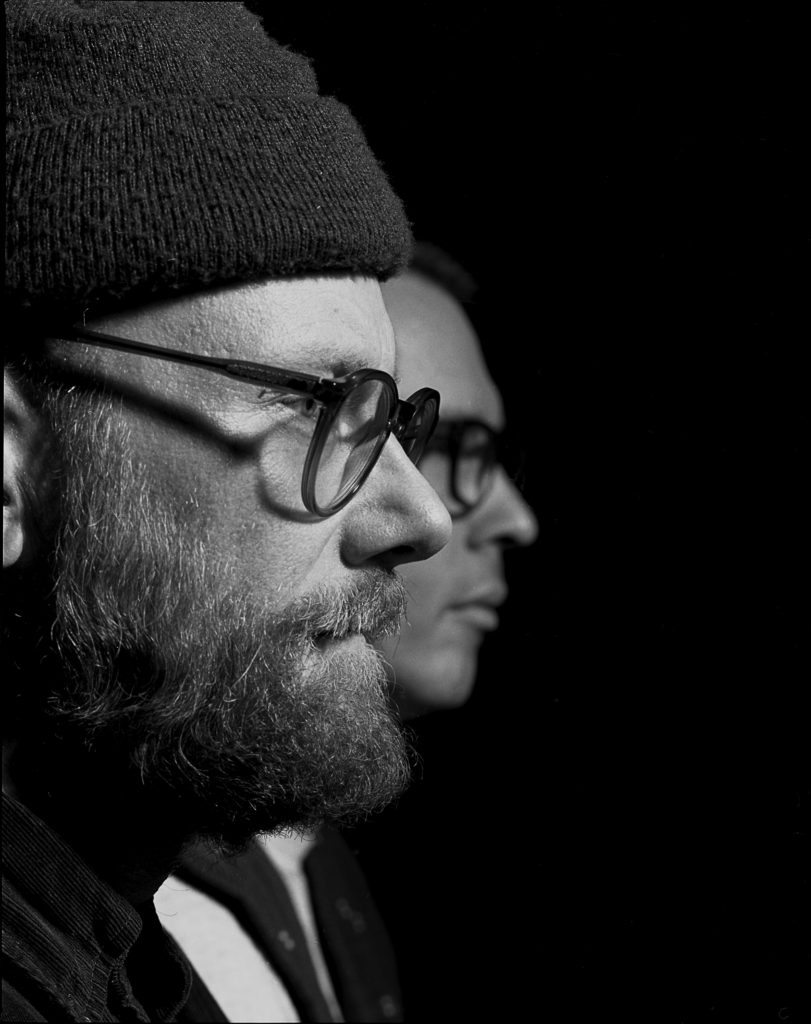
What is next for you and Andrew?
We want to tour, and we want to inject a healthy dose of improvisation into the songs. We were our own opening act on our last physical tour–we came out in masks and did a half-hour improvised set. Went into a trance. I was kind of amazed that the audience was so into it. We get really weird. We’ll probably keep going with that.
Has this project has in some ways reinvigorated you with music? Have you ever had a time where you questioned moving forward with creating music?
It has–the contribution of Scrap, and Mario, and not incidentally my new manager who helped us get this thing into the world. It’s definitely a new thing we’re doing here–a new moment.
There’s a joke Marc Maron used to do before his podcast took off: “Do you ever feel like you’re not chasing your dreams, but your dreams are dragging you up and down a rocky landscape?” (not an exact quote, clearly)
I have questioned making music, but the thing is that I’ve never stopped making music. Whatever my doubts were, I am always compelled to get up every day and immerse myself in this craft.


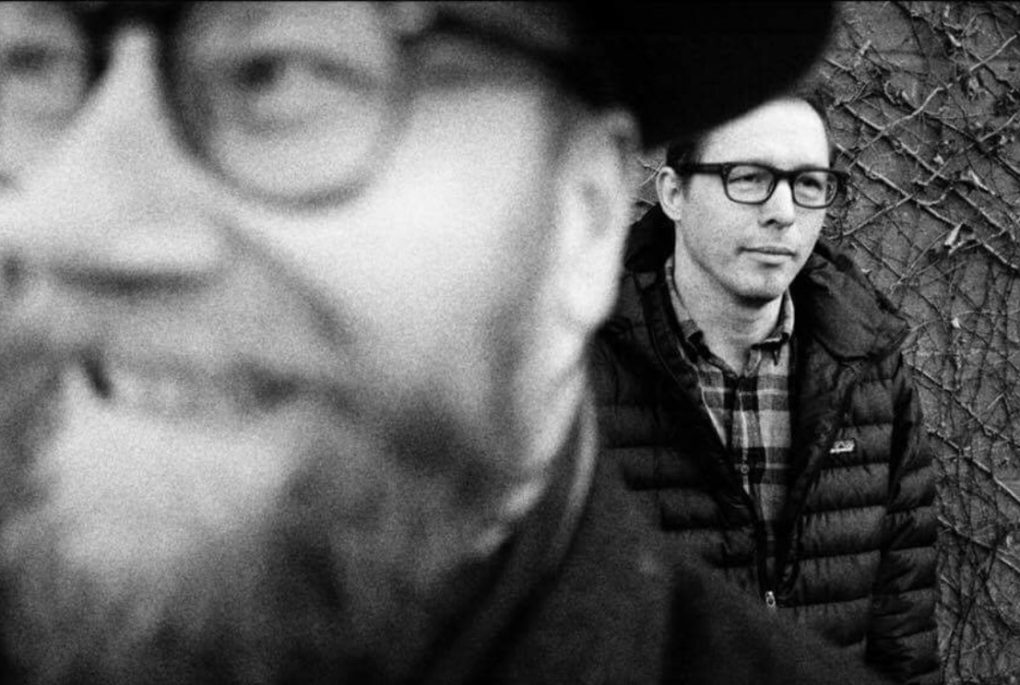
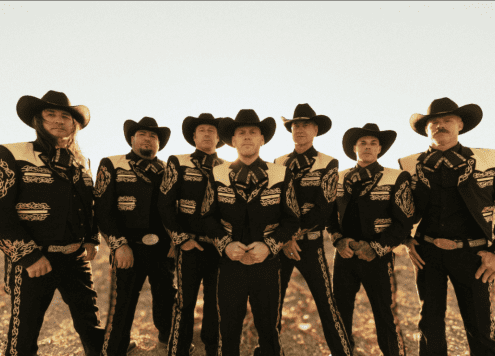
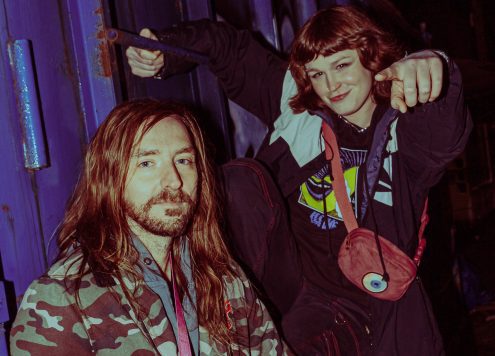
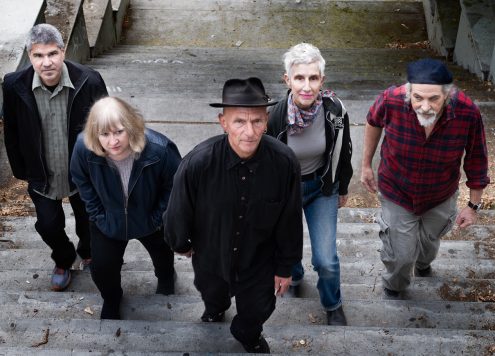
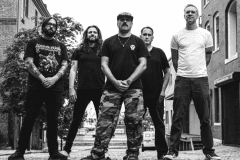
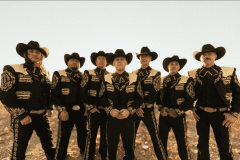
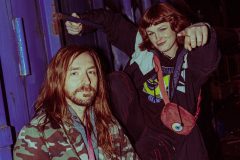
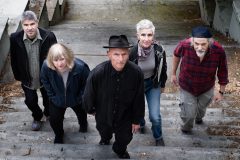

Social Media